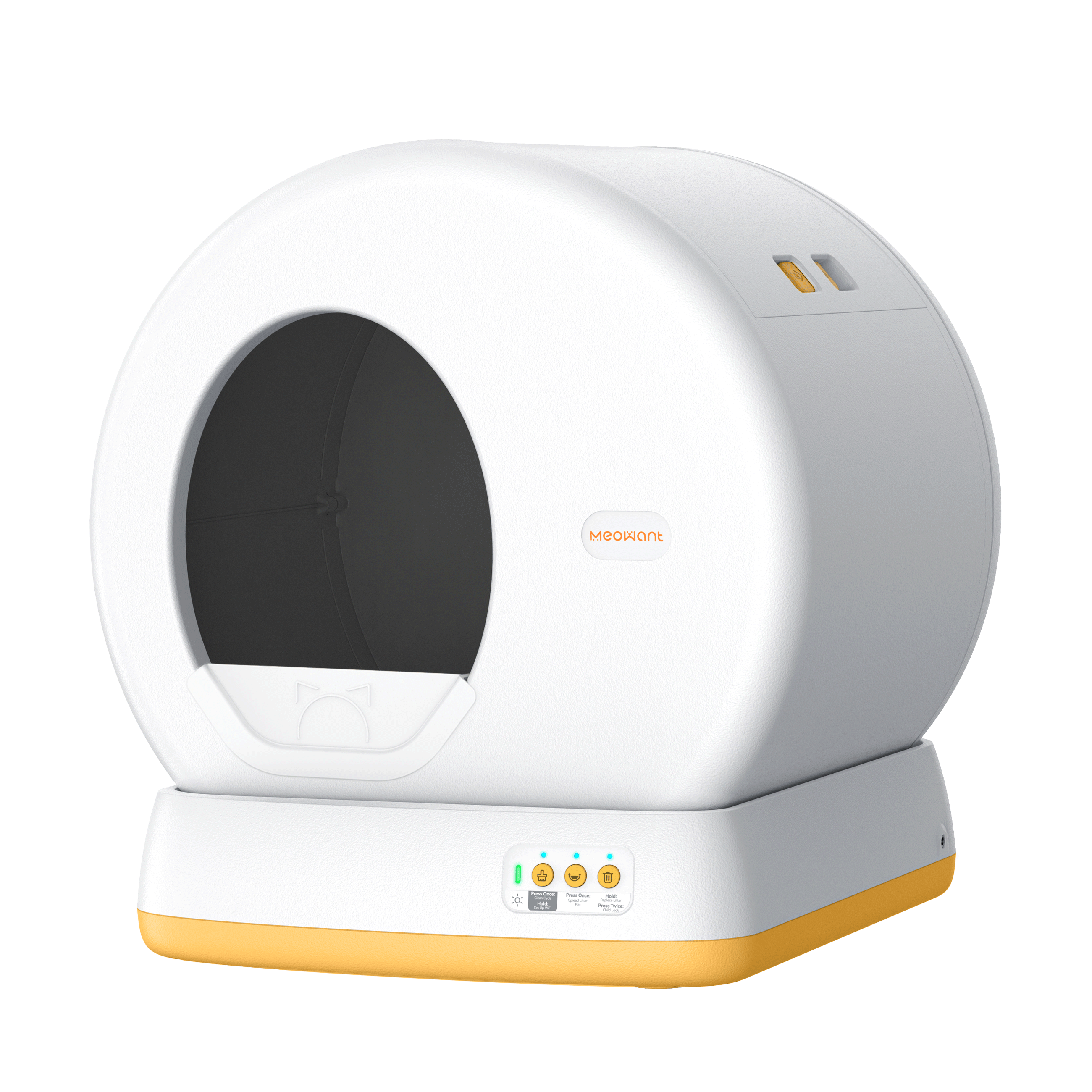Choosing the right cat litter box is essential for both your cat's comfort and your home's cleanliness. With a variety of options available, it can be overwhelming to determine which one is best suited for your feline friend. This guide will provide you with a comprehensive understanding of the different types of cat litter boxes, their features, and maintenance tips.

Types of Cat Litter Boxes
When selecting a cat litter box, consider the following types:
- Open Litter Boxes: These are the most common type, allowing easy access for your cat. They are simple to clean but may lead to litter scatter.
- Covered Litter Boxes: These boxes provide privacy for your cat and help contain odors. However, some cats may feel trapped inside.
- Self-Cleaning Litter Boxes: These innovative boxes automatically clean themselves, reducing the frequency of manual cleaning. They can be a great investment for busy pet owners. Check out this
 .
. - Top-Entry Litter Boxes: These boxes require cats to jump in from the top, which can help minimize litter tracking outside the box.
Key Features to Consider
When evaluating cat litter boxes, keep the following features in mind:
- Size: Ensure the box is large enough for your cat to turn around comfortably.
- Material: Look for durable materials that are easy to clean, such as plastic or high-quality resin.
- Accessibility: Consider your cat's age and mobility. Senior cats may require lower entry points.
- Odor Control: Some boxes come with built-in odor control systems, which can be beneficial for maintaining a fresh environment.
Maintenance Tips for Cat Litter Boxes
Proper maintenance of your cat litter box is crucial for your cat's health and happiness. Here are some tips:
- Clean the box daily to remove waste and clumps.
- Change the litter regularly, ideally once a week, to prevent odors.
- Wash the box with mild soap and water every month to eliminate bacteria.
- Monitor your cat's behavior; changes may indicate discomfort with the box.
Conclusion
In conclusion, selecting the right cat litter box involves understanding your cat's needs and preferences. By considering the various types, key features, and maintenance practices, you can create a comfortable and hygienic environment for your feline friend. Remember, a happy cat leads to a happy home!








